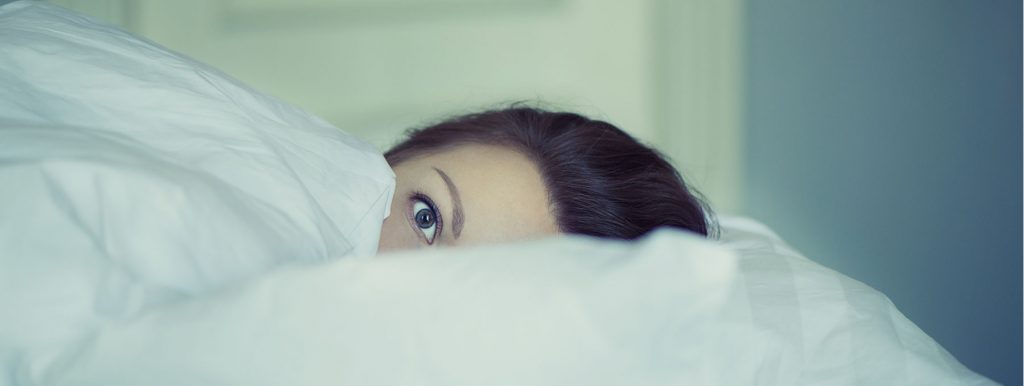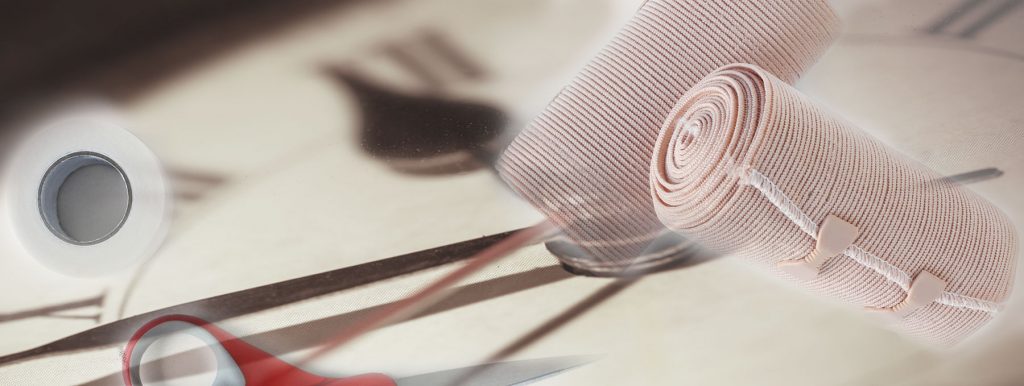Mantener un ritmo circadiano estable y constante puede ser un reto para muchas personas. Millones de personas trabajan por turnos o en horarios que no permiten dormir lo suficiente por la noche. Además, las exigencias de la vida moderna pueden hacer difícil comer a horas regulares. El resultado es que sólo en Estados Unidos 60 […]
Chronic Insomnia Boosts Risk of Kidney Disease
Maintaining a healthy circadian rhythm is one of the most important things you can do for your health. However, many people still struggle to get the sleep they need. This can increase the risk of a variety of serious health problems. According to a new study, the kidneys may be especially sensitive to the impact […]
El insomnio crónico aumenta el riesgo de enfermedad renal
Mantener un ritmo circadiano saludable es una de las cosas más importantes que puede hacer por su salud. Sin embargo, muchas personas siguen teniendo dificultades para dormir lo necesario. Esto puede aumentar el riesgo de sufrir diversos problemas de salud graves. Según un nuevo estudio, los riñones pueden ser especialmente sensibles al impacto de una […]
Wound Healing: Why Time of Day Is Crucial
Almost every process in our body, including sleep, the release of hormones and metabolism, is regulated by our internal clocks. Each cell in our bodies has its own biological clock, which is synchronized by hormones, temperature and other physical signals. The entire symphony of clocks is coordinated by a single conductor, which is a master […]
Curación de heridas: Por qué es crucial la hora del día
Casi todos los procesos de nuestro cuerpo, incluidos el sueño, la liberación de hormonas y el metabolismo, están regulados por nuestros relojes internos. Cada célula de nuestro cuerpo tiene su propio reloj biológico, sincronizado por hormonas, temperatura y otras señales físicas. Toda la sinfonía de relojes está coordinada por un único director, que es un […]
- « Previous Page
- 1
- …
- 98
- 99
- 100
- 101
- 102
- …
- 204
- Next Page »







